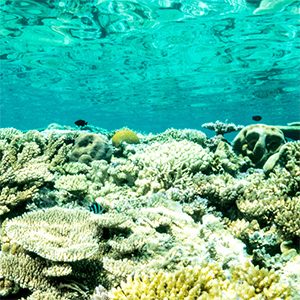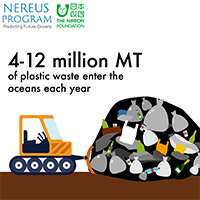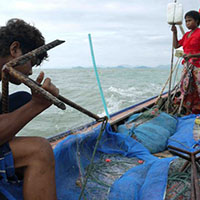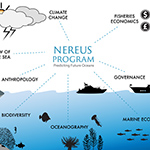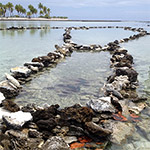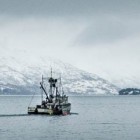Coral reefs are 50% less able to provide food, jobs, and climate protection than in 1950s, putting millions at risk
Global coverage of living corals had declined by about half since the 1950s and consequently, the diversity of species had also declined, by more than 60%.
Going diving in the tropics? Don’t eat the reef fish!
Reducing tourist consumption of reef fish is critical for Palau’s ocean sustainability, finds a new UBC study that suggests other small island nations might also consider adopting this strategy.
A healthy ocean will benefit global sustainable development
Restored ocean will alleviate poverty, provide jobs, and improve global health, finds new Nippon Foundation-UBC Nereus Program report
Marine conservation must consider human rights: An appeal for a code of conduct
The impacts of marine protected areas can undermine people’s rights or stop them from their livelihoods
For Indigenous communities, fish mean much more than food
Coastal indigenous communities eat 15 times more seafood than non-indigenous people in the same country says article from NF-UBC Nereus Program.
Seafood consumption 15 times higher among Indigenous than non-Indigenous people
In the first global-scale analysis of its kind, the study estimated that coastal Indigenous people consume 74 kilograms of seafood per capita, compared to the global average of 19 kilograms.
Climate change could cut First Nations fisheries’ catch in half
The study finds that coastal First Nations communities could suffer economic losses between $6.7 and $12 million annually by 2050.

